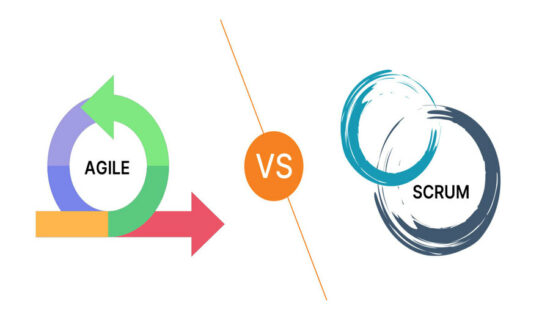
Project management is an integral part of our daily lives, whether we acknowledge it or not. Its principles are evident in activities ranging from planning vacations to organizing business events. To delve deeper into this subject, let’s explore its core components.
Defining Project Management
In project management, a project is distinguished from ongoing operational activities by its temporary nature. Unlike operations, which are continuous and repetitive, projects have clear start and end dates. They are undertaken to deliver a unique product, service, or outcome.
Definition of Project Management: A project is characterized by defined start and end dates, as well as specific objectives to be achieved within a predetermined timeframe. It involves coordinating resources and activities to achieve predetermined goals within the constraints of time, budget, scope, and quality.
The Role of the Project Manager
At the core of every successful project is a skilled and committed project manager. Serving as the driving force behind the project, project managers fulfill a multifaceted role, balancing leadership, communication, problem-solving, and technical expertise.
They are tasked with defining project objectives, creating project plans, coordinating resources, managing risks, and ensuring timely delivery of project deliverables. Additionally, project managers act as the primary point of contact for stakeholders, providing updates, addressing concerns, and fostering collaboration among team members.
Phases of the Project Management Process
The journey in project management commences with the process, akin to following a roadmap comprising several stages, each presenting unique challenges and opportunities. Let’s liken it to a simple and familiar everyday process, such as making coffee. The project as a whole closely resembles the steps involved in brewing the perfect cup of coffee — from selecting beans (initiation) to relishing the first sip (closure).
The project management process encompasses planning, execution, and a crucial monitoring and controlling phase, each necessitating specific knowledge and skills to navigate effectively.
Key Insights — Phases of the Project Management Process:
- Initiation: Defining project objectives and assessing the scope and feasibility of the project.
- Planning: Formulating a detailed plan outlining tasks, timelines, resources, and milestones.
- Execution: Implementing the plan, managing resources, and completing tasks according to the project schedule.
- Monitoring and Control: Tracking project progress, evaluating performance, and making adjustments to ensure objectives are met.
- Quality Assurance: Ensuring project deliverables meet specified quality standards and customer requirements.
- Closure: Formally concluding the project, delivering the final product or service, and reflecting on lessons learned for future projects.
Categories of Project Management Methodologies
Drawing from the coffee-making analogy, project managers serve as the baristas of your project, orchestrating the entire workflow, planning the next steps, and guiding the team to achieve desired outcomes. Essentially, they define project goals, establish scope, and apply suitable project management methodologies.
Various methodologies have emerged over the years. Here’s a brief overview of some of the most relevant and widely recognized.
Key Insights — Project Management Methodologies:
- Waterfall: A sequential approach where tasks progress linearly from initiation to closure, with each phase completed before moving to the next.
- Agile: An iterative and incremental approach emphasizing flexibility, collaboration, and continuous improvement, with frequent feedback loops.
- Scrum: A subset of Agile, highlighting short, time-boxed iterations known as sprints, along with regular team meetings and frequent product demonstrations.
- Kanban: A visual management method emphasizing workflow visualization, work in progress limits, and continuous delivery.
- Lean: Concentrates on minimizing waste, optimizing processes, and efficiently delivering value to customers.
- PRINCE2 (Projects IN Controlled Environments): A structured project management methodology with defined processes, roles, and responsibilities, widely used in the UK government and private sectors.
- Six Sigma: A data-driven methodology aiming to enhance process quality and efficiency by identifying and minimizing defects or variations.
- Critical Path Method (CPM): A technique for scheduling and managing complex projects by identifying the longest sequence of dependent tasks.
Project Management Tools and Techniques
In addition to methodologies, project management relies on various tools and techniques to streamline processes and boost efficiency.
These tools range from simple spreadsheets and Gantt charts to advanced project management software like Stintar. Leveraging these tools enables project managers to monitor progress, allocate resources, manage budgets, and communicate effectively with team members and stakeholders.
Techniques such as risk management, stakeholder analysis, and earned value management further enhance project outcomes by identifying potential challenges, engaging stakeholders, and measuring project performance against predefined metrics.

Conclusion
Recognizing the temporary nature of projects and the pivotal role of project managers is essential. Through meticulous planning, execution, and monitoring, projects unfold like a carefully brewed cup of coffee, with each stage presenting its own set of challenges and opportunities.
With defined objectives and adept leadership, project managers guide teams toward success within specified constraints. Just as every project follows a unique roadmap, project managers employ various methodologies, tools, and techniques to tailor their approach for optimal results.

